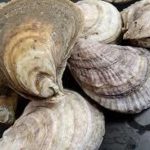
2021-22 Oyster Project Updates
Oyster Culture Workshops were held by the UF/IFAS Shellfish Aquaculture Program on May 4-5th, 2022 at Wakulla County Extension and FSU Coastal and Marine Lab.

Oyster Culture Workshops were held by the UF/IFAS Shellfish Aquaculture Program on May 4-5th, 2022 at Wakulla County Extension and FSU Coastal and Marine Lab.
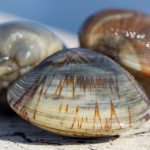
Join food safety specialists from Florida and Virginia Sea Grant on June 23 for a one-day online course to receive essential Hazard Analysis and Critical
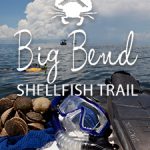
Florida’s Big Bend is one of the last places in Florida with wide swaths of undeveloped coastline. Here, natural shorelines mix with abundant wildlife and
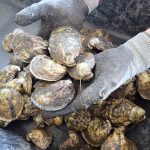
The new off-bottom oyster aquaculture industry in Florida faces many challenges, such as limited seed availability and year-round need for biofouling control. Risks, such as

The 5th Annual Oyster South Symposium is being held on April 5-7, 2022 in Biloxi, North Mississippi. Sponsored by Oyster South, Inc. (a non-profit dedicated to advancing oyster
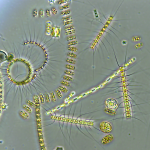
The Aquaculture Phytoplankton Monitoring Network (AQPMN) is currently recruiting shellfish aquaculture farms and organizations along the Gulf Coast to participate in their volunteer-based network. Participating hatcheries and growers

Shellfish like clams and oysters can help restore ocean health and support economic development and food production in coastal communities worldwide. A scientist at UF/IFAS
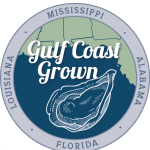
The fourth session Harvesting a Crop of Oysters of this Online Course is now available. The session starts off with an overview of harvest regulations
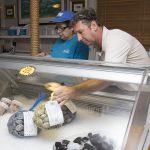
Resources are available to help the shellfish aquaculture industry and others develop preparedness plans and strengthen response to different scenarios. Information is current on the

A webinar on Oct. 6 will outline the process to apply for and potentially obtain crop insurance coverage for farmed clams in Florida.